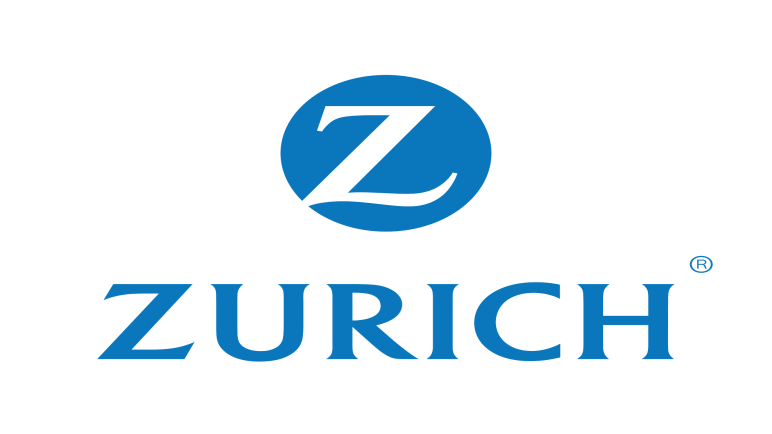62 percent of GCC parents end up utilizing their monthly salary to pay for their child’s tuition fees, the survey by Zurich International Life reveals.
DUBAI, United Arab Emirates – 13. September 2022:
Tuition fees for higher education is the leading concern for 70 percent of parents in the United Arab Emirates (UAE) revealed a survey commissioned by Zurich International Life (Zurich), part of Zurich Insurance Group. The survey further revealed that less than a third of the parents surveyed have an education savings plan in place.
According to the survey, 39 percent of families in the UAE are digging deeper into their personal savings. In comparison, 15 percent have resorted to taking personal loans.
Conducted in partnership with research firm YouGov in July 2022, the survey covered over 1,500 GCC residents across the UAE, Saudi Arabia, Qatar, and Bahrain. It also included parents and married residents across various income groups, occupations, age groups, and gender.
“Our recent survey has unearthed interesting insights including the fact that a good 62 percent of parents in the GCC use their monthly income for school-related expenses while the majority of others rely on personal savings or loans. With the increasing cost of education and uncertainties of life, parents should seriously consider investing in a structured savings plan to support their child’s education. Always back your education savings plan with life insurance cover, which fully protects you and secures your child’s future,” said Rayner Britto, Head of Distribution at Zurich International Life.
Top concerns for UAE parents
While tuition fees are the top concern for most UAE respondents, living expenses followed at 54 percent, and securing admission to an institute of their choice was an additional concern for 53 percent.
The survey findings showed that eight out of 10 couples in the UAE set aside up to 40 percent of their monthly income to pay tuition fees, with the average annual cost of education among those surveyed in the UAE amounting to AED 45,676. Confidence levels were not very high, with only 34 percent of UAE residents feeling “very confident” that they will be in a position to support their children’s further education financially.
Why parents are investing in education plans
More parents in the region are investing in education savings plans to ensure they can adequately provide for their child’s education. Among those parents that have invested in a savings plan, 29 percent said that they were mostly influenced by their social circles, while 27 percent were influenced by financial advisers.
“I was thrilled when our eldest daughter got accepted into the University of Warwick thanks to sound financial and investment advice from Zurich International Life. Although the starting amount was small, we were able to upgrade the policy with time. Thanks to the great advice, when the time came for our daughter to go to university, we could assure with complete confidence that we would be able to support her financially. Even today, my advice to people is that it is never too late to start investing and secure a good future, no matter how small your starting amount,” said Shashi Kiran, a UAE-based Group General Manager at a supply chain logistics firm.
Emerging insights
When it comes to selecting a destination for their children’s higher education, 41 percent of UAE residents said they plan to send their children abroad, with around 12 percent hopeful of getting a scholarship. Popular higher education destinations included the USA, Canada, UK, and India among others. However, the UAE still ranked as the top destination, with 35 percent of parents across the GCC choosing this as their preferred location.
“43 percent of the parents surveyed said that a better understanding of education savings plans and their benefits would motivate them to invest in the same. Starting the conversation with a financial adviser is an important first step. When it comes to savings, the good news is that it’s never too small and never too late,” noted Britto.
